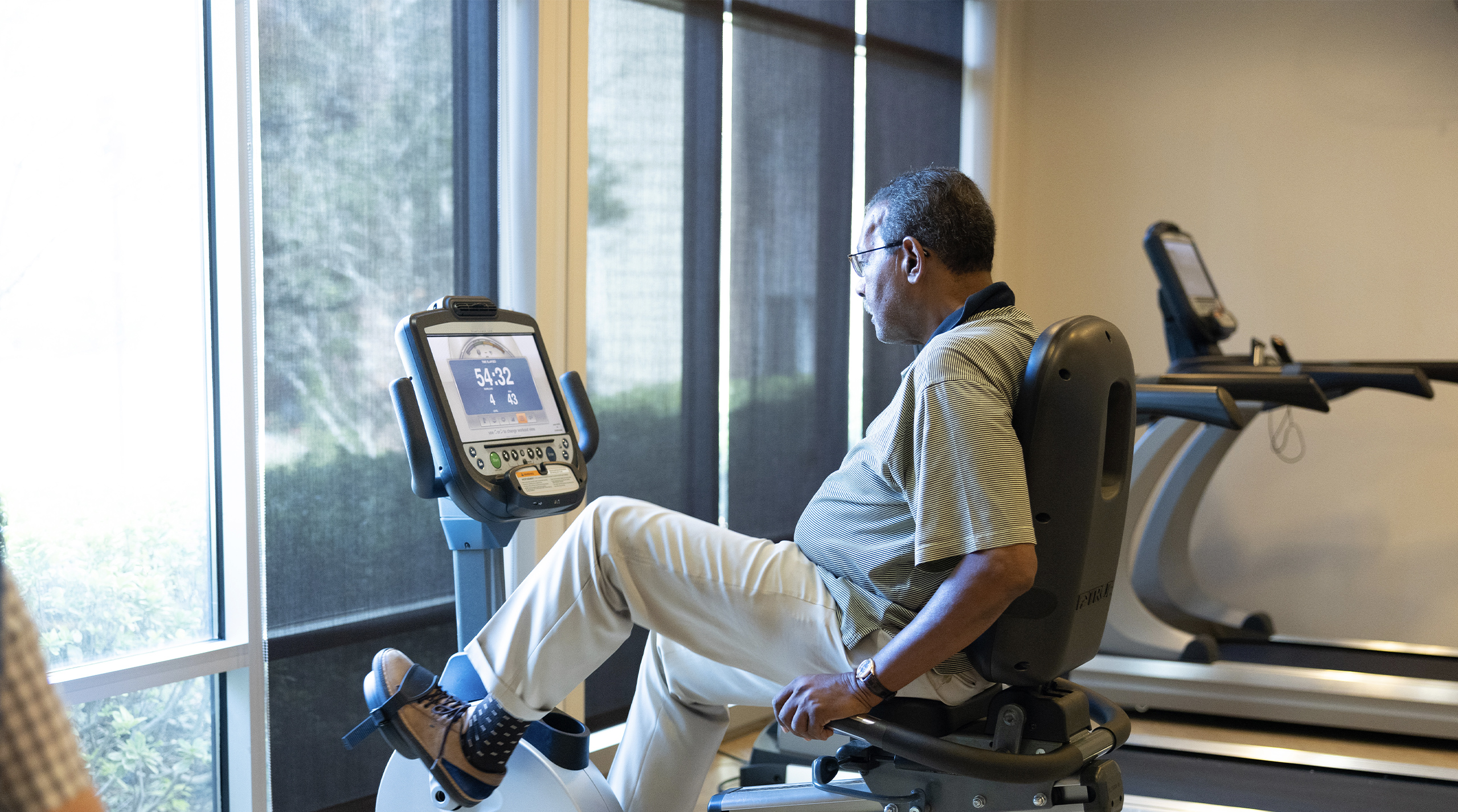February is widely regarded as the love month, so it only makes sense that, as we break out the heart-shaped boxes of chocolate or ready the heart-themed greeting cards, we also take a moment to consider something prominently at the center of it all—our heart health.
Interestingly, February was established as American Heart Month in 1964 with the purpose of creating awareness and equipping each of us with the knowledge needed for a heart-healthy life. In that spirit of awareness, it seems fitting to highlight some of the most recent and potentially alarming facts about heart disease.
The state of the heart in the United States:
- • One in five deaths is caused by heart disease. This makes heart disease a more potent killer than all cancers combined.
- • About 805,000 people in the United States have a heart attack every year, with 605,000 of them experiencing an attack for the first time.
- • One in five heart attacks are silent, with the person unaware of its occurrence or potentially damaging effects.
Perhaps the most disconcerting, but no less important, fact is that the risk of heart disease increases with age. However, simply knowing this little nugget of info can provide the motivation needed to maintain or even improve heart health—especially as we get older. Here are a few powerful tips to implement right away:
Get active, stay active
You’ve heard it before, and you’ll undoubtedly hear it again: Exercise remains one of the best ways to maintain, retain, and improve heart health. Establish consistent routines that involve activities designed to get your heart pumping:
- • Moderate aerobic exercises like walking, cycling, dancing, swimming, etc.
- • Resistance training exercises like push-ups, squats, arm reaches, weightlifting, etc.
Just remember to exercise within your limits and abilities, or to check with a doctor beforehand to ensure it’s safe to start.
Follow a heart-healthy diet
There’s some truth to the phrase, “you are what you eat.” Eating healthy is one of the simplest ways to take control of your overall health—and help improve heart health. That can start by eating whole grains, fruits, vegetables, and foods rich in Omega-3, while limiting unhealthy fats, salt intake, and sugar. Taking vitamins and supplements can also help support healthy eating.
Get good sleep
Getting good, deep sleep is an important contributor to good mental and physical health, as well as brain and heart health. But beyond quality of sleep, it’s also important to have a consistent sleep hygiene routine that includes when you go to bed, how long you sleep, and when you arise.
How To Check Heart Health
The best way to understand where you stand your heart health, or to know what areas can be improved, is to talk to your primary care physician or cardiologist. By scheduling annual screenings you’ll be able to understand your risk of developing heart disease and, most importantly, address it before it develops into anything more serious. Your doctor will be able to help you identify key risk factors, such as:
- • High blood pressure
- • Diabetes
- • High cholesterol
- • Family history of heart disease
- • Weight management
Maintaining a healthy quality of life is important to heart health. Bridge Senior Living communities prioritize the holistic well-being of residents to help improve health and wellness, no matter what level of care.









